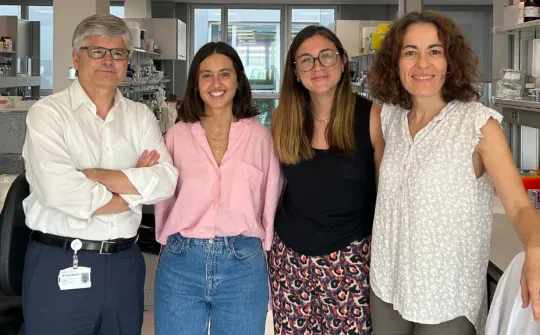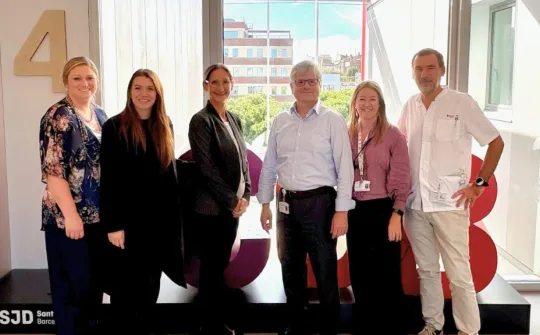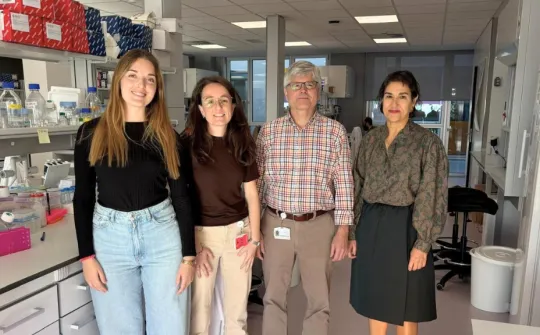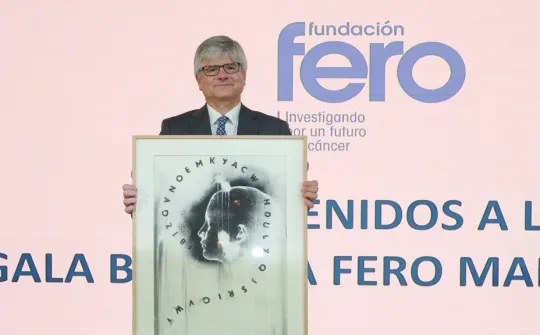Researchers at the SJD Barcelona Children's Hospital identify new therapeutic targets to treat Ewing sarcoma
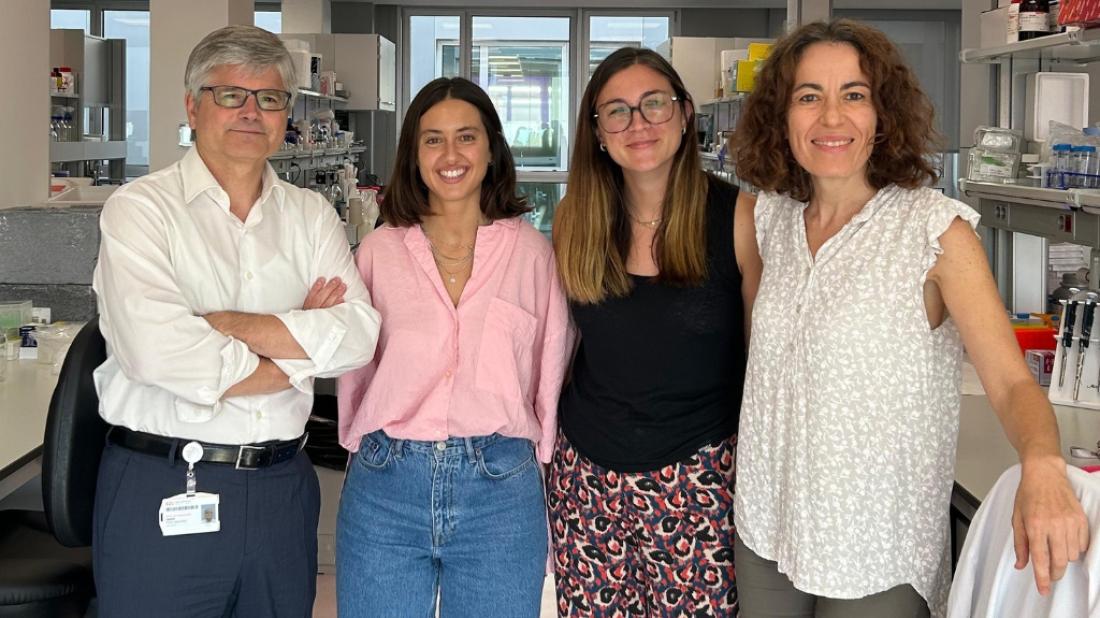
Results of the study have paved the way towards developing new drugs that target and inhibit two specific enzymes which activate genes related to this type of cancer.
A research team led by the SJD Research Institute (IRSJD), the SJD Pediatric Cancer Center Barcelona, and the Centre for Genomic Regulation (CRG) has discovered two enzymes (KDM6A and KDM6B) that play a key role in the development of Ewing sarcoma – one of the most aggressive cancers found in children and adolescents.
This tumor is caused by a genetic mutation that deregulates the functioning of several genes, provoking uncontrolled growth of tumor cells. As this type of cancer exhibits very few mutations, current treatments are limited and often aggressive. That is why research into new treatments is essential.
The study, published in the journal Cancer Research, has shown that the KDM6A and KDM6B enzymes are key elements of the EWSR1::FLI1 protein, and activate genes related to the tumor. When the research team inhibited these enzymes in mice, tumor growth reduced significantly and survival rates in the animals increased. These results suggest that inhibiting the KDM6A and KDM6B enzymes could be an effective method in stopping the development of a Ewing sarcoma.
Authors highlight that there are already some compounds—such as GSK-J4—which are able to inhibit these proteins and that have proven effective for other pediatric tumors, such as the neuroblastoma. For Dr Jaume Mora, Scientific Director at the SJD Pediatric Cancer Center Barcelona, Head of the Sarcoma and Histiocytosis Group at the IRSJD and Senior Co-author of the study: ‘this work is a testament to our commitment to translational research in pediatric oncology and to developing more targeted, less harmful treatments for affected children and adolescents’.
Read the full story
Results have paved the way towards developing new drug treatments that target and inhibit these demethylase enzymes—such as the GSK-J4 compound—which has already proven effective for other pediatric tumors.
